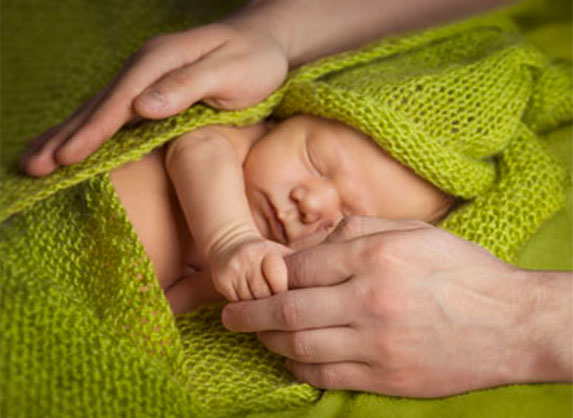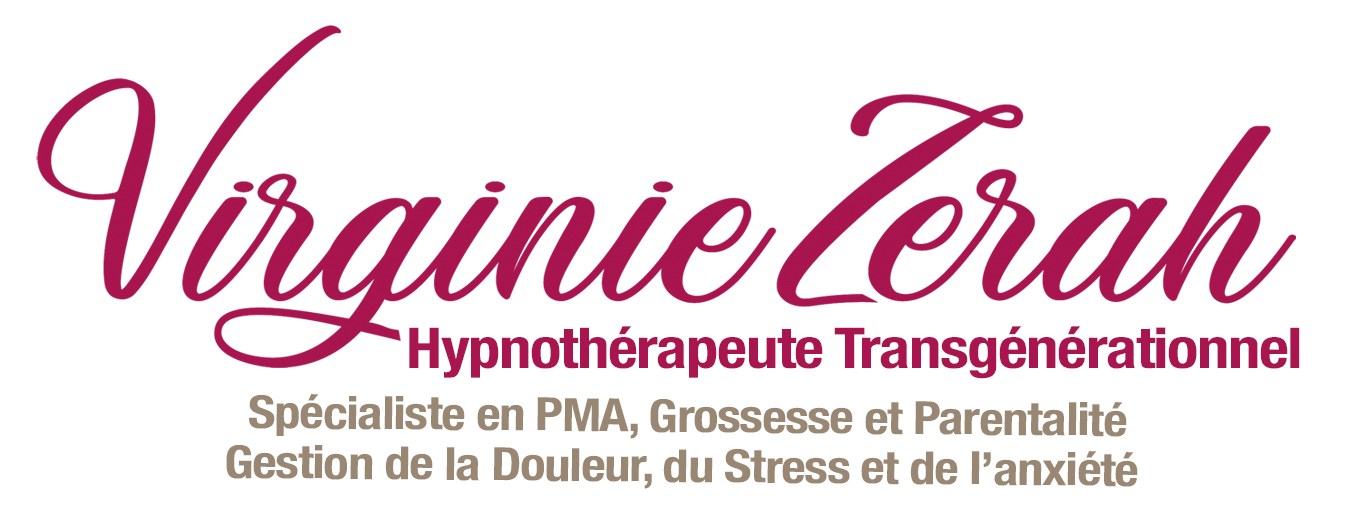
Paperwork
CERTIFICATE OF PREGNANCY:
You must file a Certificate of Pregnancy with the Caisse Allocations Familiales, or CAF (family allowances office), and your Caisse d’Assurance Maladie, or CAM (national health insurance office).
Filing deadline:
Within the first 14 weeks, which is before the end of your third trimester. This is done by seeing a physician (PCP, OB/GYN, PMI [child services]), who will officially declare you pregnant and give you a form with four pages.
- The first two copies in blue are sent to your family services office (CAF, Caisse de la Mutualité Sociale Agricole [agricultural social mutual fund], RAM [self-employed insurance office] or other specific organizations).
- The third pink copy is for the Assurance Maladie Maternité (maternity benefits insurance), in addition to the records of any medical and lab tests ordered by your doctor.
- Once you complete the medical checkups, you have to send the fourth copy in blue to the Caisse d’Allocations Familiales before the end of Month 4 of your pregnancy.
Health Insurance
A few days after filing your pregnancy statement, you will receive a letter containing a schedule for your medical checkups. It will indicate the dates of your medical exams, maternity leave, and information on your full cost coverage. You will also receive an informational guide called Je prépare l’arrivée de mon bébé (How to plan for your new baby)
Maternity Insurance
Assurance Maternité (maternity insurance) puts you in a special healthcare group. All expenses are paid from when you file the pregnancy statement until the postnatal exam.
– Your rights under this policy:
- Reimbursement of various healthcare expenses resulting from the pregnancy and the delivery.
- Per diem payments during your maternity leave.
You remain a beneficiary for four years after the date your status changes.
What is reimbursed?
- All required tests are 100% reimbursed based on the rates set by Sécurité Sociale: medical visits, blood tests, and the Month 6 sonogram.
- The first and the second sonogram around Month 5 are only 70% reimbursed.
- Any medical complications with the pregnancy are also 100% reimbursed.
It also depends on your physician’s sector. It is 100% for Sector 1 physicians; otherwise, you have to pay the balance for higher medical fees, which your mutual insurance policy may cover.
PMIs (child services) and clinics offer free consultations.
Public hospitals require co-payments.
The eight birth preparation sessions and 10 postnatal recovery sessions are also 100% reimbursed according to the rate set by Sécurité Sociale.
Delivery expenses:
These fees vary by institution.
In hospitals and government-run clinics, 100% of the expenses, delivery medical fees, epidural and accommodation costs for up to 12 days are covered (prices set by Sécurité Sociale). Payments are made directly to the hospital/clinic. You must pay for additional amenities and the balance of higher medical fees, unless your mutual insurance policy covers them.
DECLARATION OF BIRTH:
Once the Caisse Primaire d’Assurance Maladie (CPAM) receives your Declaration of Birth, you will receive a guide called J’accompagne mon enfant (Helping My Child Grow) and a schedule for your child’s medical checkups (100% covered through the age of six).
At birth or from when a child is recognized?
A child’s parentage is established differently for an unmarried couple in terms of who the mother and father are. Motherhood is official once the mother appears on the birth certificate. But the father has to file an acknowledgement of paternity before or after the baby is born.
Who can legally declare a birth?
The father, mother, doctor, midwife, French health officer or someone who either attended the birth, or in whose home the birth took place.
What documents do I need to show?
A medical childbirth certificate, a family register, vital records, ID for the parents, the filer’s ID, a complete copy of the acknowledgment of paternity (if applicable) or a declaration of chosen last name (if applicable).
When do you declare a birth?
Within three days after childbirth, not counting the day of delivery, weekends, or national holidays. If you miss this deadline, the birth can only be entered into the records after a district court issues a ruling that the child’s birth took place. This is a lengthy process and causes delays for all other procedures concerning the child.
Where do you declare a birth?
At the city hall where the child is born.
What last name do I give the child?
When your first child is born, you can choose their family name when filing the Declaration of Birth. It can be the father’s or the mother’s last name, or a hyphenated version of both last names (either order).
PARENTAL RECOGNITION:
Who can recognize a child?
The father and the mother, together or separately.
When can a child be recognized?
The father and the mother can recognize a child before they are born. Only the father can recognize the child after birth. The mother automatically recognizes the child when her name is printed on the birth certificate.
Where can you recognize a child?
Before a civil registrar at any city hall, or before a legal notary.
What documents do I need to bring?
An ID for the filer(s) and, if possible, the child’s birth certificate if filing after they are born, and a family register if you have one.
HEALTH INSURANCE (Assurance Maladie)
On the Assurance Maladie website, go to Mes démarches > Déclarer mon enfant ou par courrier > remplir le formulaire: Application to associate one or both insured parents; send it in with a copy of the birth certificate or family register.
THE CAF TO RECEIVE BENEFITS:
If you are already a beneficiary, you can complete the process online. If not, send a letter with a photocopy of your family register, or copy of the child’s birth certificate along with the statement of status and the financial disclosure statement.
MUTUAL INSURANCE:
Plan to do this as soon as your child is born so they are covered. You must present the birth certificate. Depending on your policy, you may receive a childbirth allowance!










